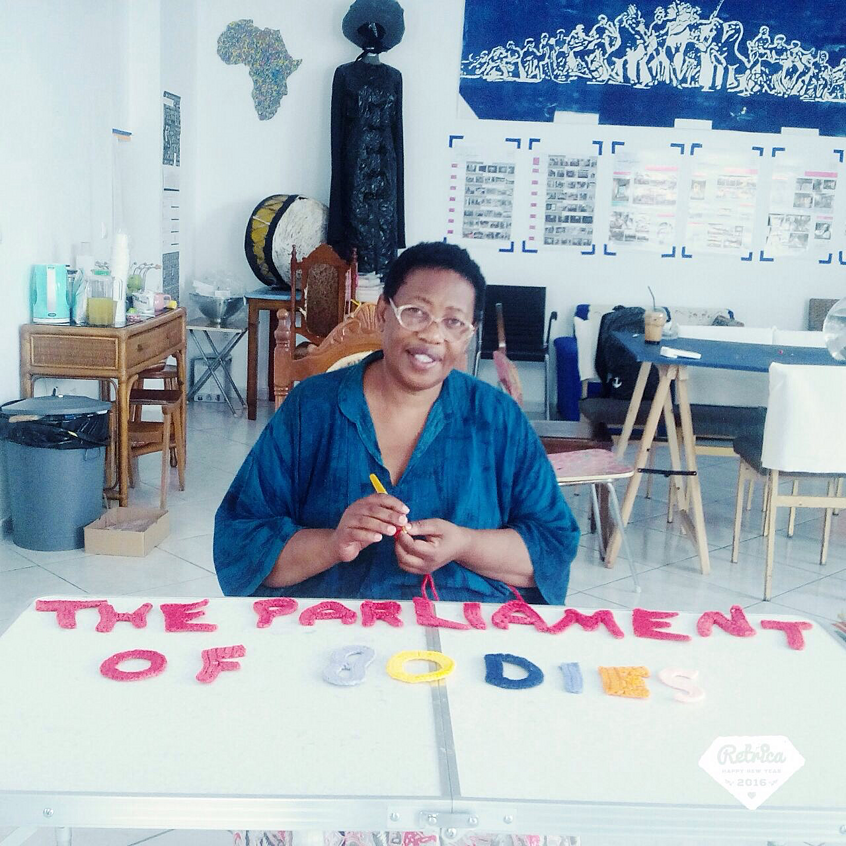There is something called the “hidden curriculum,” a term developed by educational theorists in the 1920s. If it were not so hidden, I could explain exactly what it is, but it always seems to conceal itself one layer beneath explicit content. It is present in the reproductive process that perpetually births structures and patterns and infinite versions of things that perpetuate those structures and patterns.
Without attempting to describe the texture of this thing, I think we agree, as iQhiya, that when we are together and alone, we all feel it. We all understand in our own various modes, at the particularities of our positions, the hidden curriculum. We understand it, not because we can see it, but because it tends to move against our own flow.
There are a number of bodies—human, institutional, or mechanical—who have swallowed the hidden curriculum, and who will talk into it and through it and according to it at any opportunity, regardless of whether or not they are even able to see it. In fact, we are born into it, and the process of separation of self from this hidden curriculum is a painful one.
Whether its underbelly is exposed to you through tear-gas and rubber bullets, through being teased about your hair at school, through the experience of physicalized violence, through the glassy blue eyes that stare through you, and the shock and surprise that “You made that?” or “You wrote that?” The hidden curriculum would have a number of people believe that they do not in fact exist.
As I said, when we—iQhiya, a collective of eleven members who all attended the University of Cape Town—are alone together, we might agree on having felt what this hidden curriculum does to each of us, but when we are being looked at, talked to, and seen, we are aware of the part of the hidden curriculum that renders us each similar versions of one type of person.
So perhaps it is the falseness of this leering and hiding curriculum that has brought us together, and encouraged us to learn outside of it—to learn from each other—and to collaborate, discuss, argue, and perform together. iQhiya is attempting to offer an alternative curriculum to Black women artists in South Africa, one that defies the structural injustices (lessons) of the hidden curriculum that we all came to uncover in our various experiences of the institution.
—Thuli Gamedze




